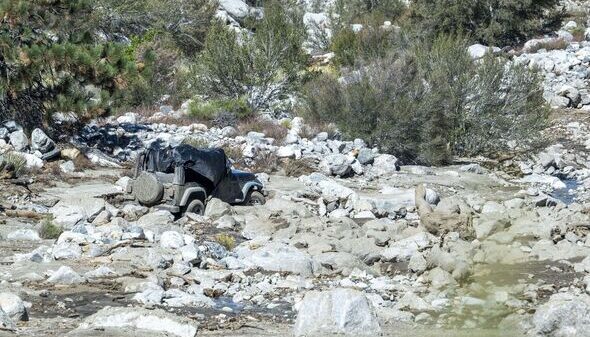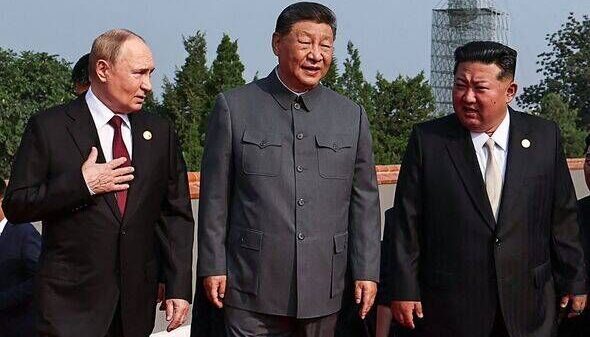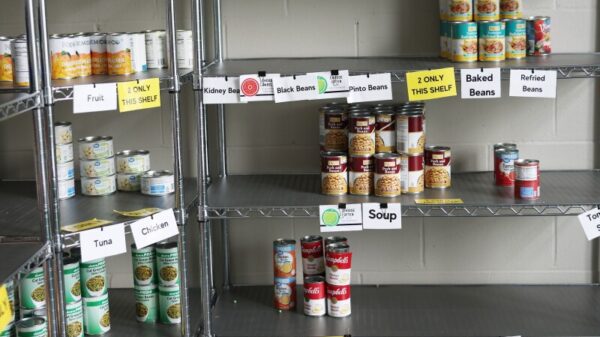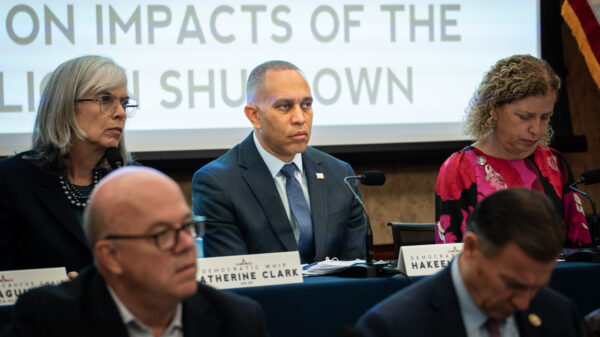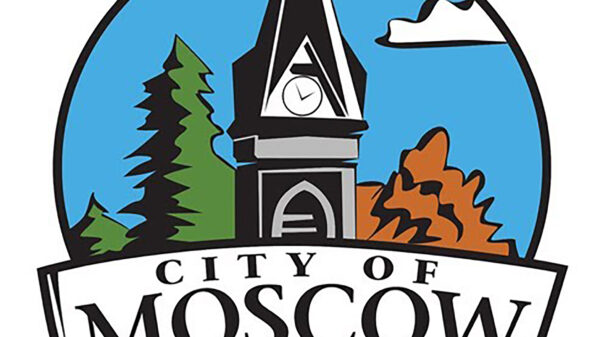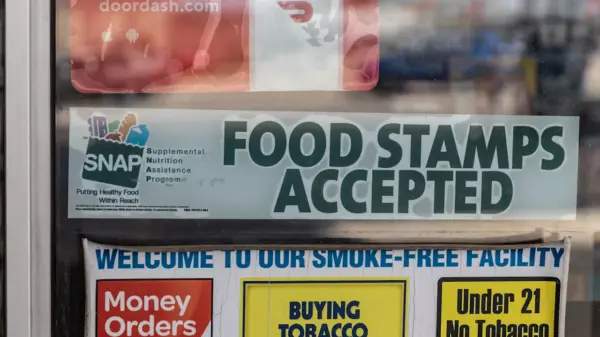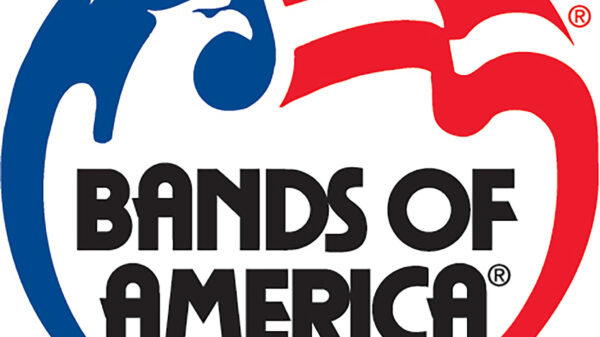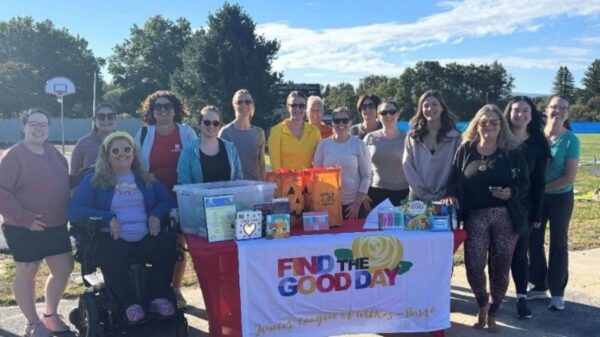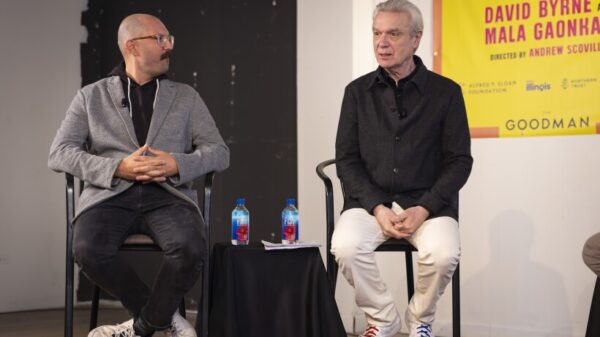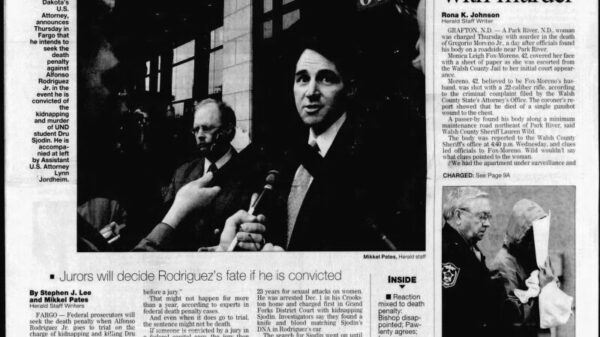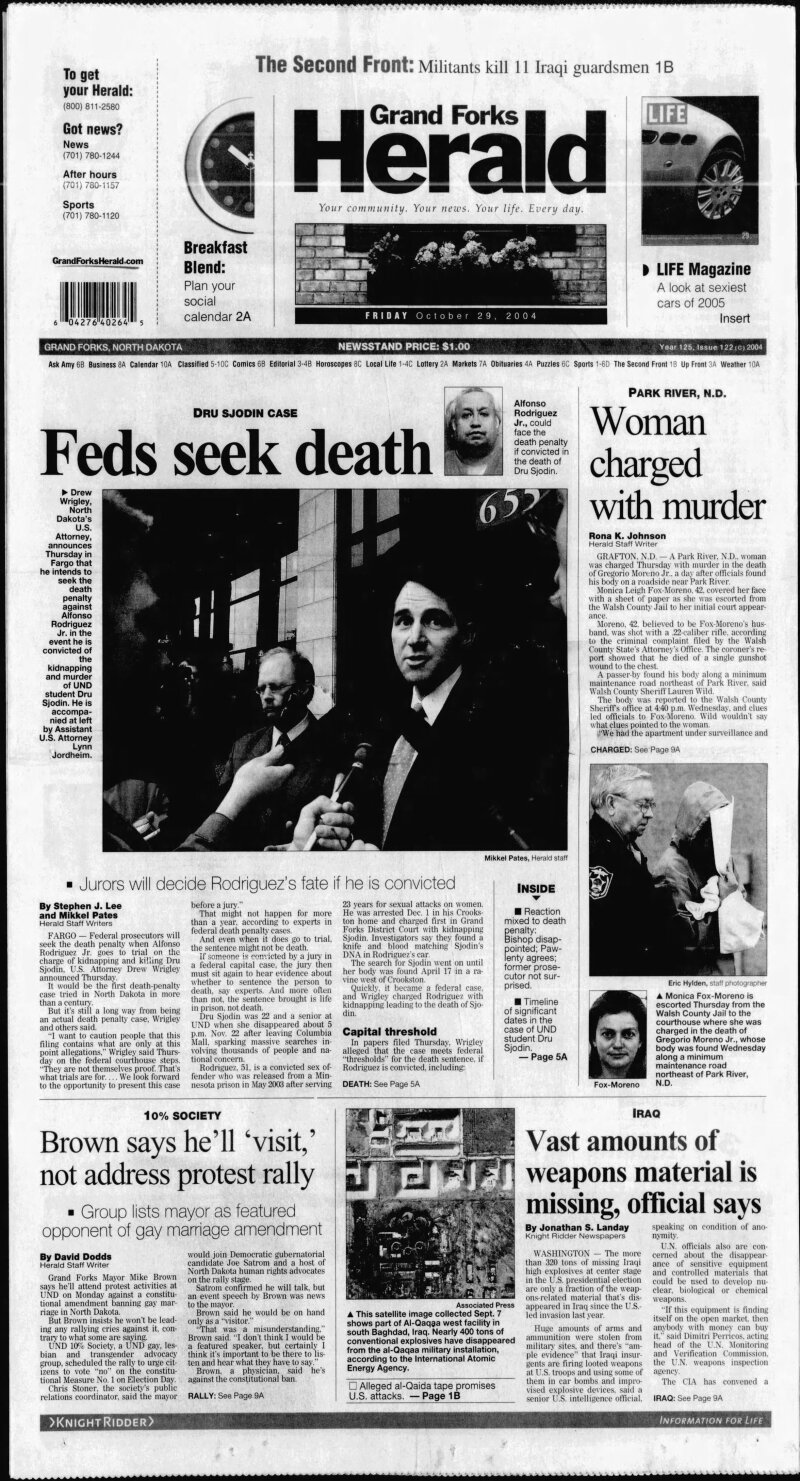On October 29, 2004, sugar beet farmers in the Red River Valley made significant political contributions totaling approximately $1 million to congressional races. This investment aims to influence the outcome of elections, particularly in opposition to the U.S. Central American Free Trade Agreement. The farmers, organized through two co-operatives, are seeking to bolster their political influence ahead of the upcoming elections.
The bulk of the contributions, about $856,000, came from the American Crystal Sugar Co., based in Moorhead. This contribution was reported by the Federal Election Commission and represents the highest amount invested by any industry political action committee (PAC) in Minnesota this election cycle, according to the Center for Responsive Politics, a nonpartisan organization that tracks campaign financing. Additionally, the Minn-Dak Farmers Cooperative, located in Wahpeton, North Dakota, contributed around $231,000 to federal candidates.
Kevin Price, the director of governmental affairs at American Crystal Sugar, indicated that the contributions are not limited to candidates from sugar-producing states. The funds have been allocated to both incumbents and challengers across the political spectrum, supporting candidates from both the Democratic and Republican parties. The aim is to build coalitions in Congress to oppose the Central American Free Trade Agreement, which the farmers believe could negatively impact their industry.
As the election date approached, concerns arose nationwide regarding the potential for disputes at polling places. The U.S. Justice Department announced that 1,090 federal poll watchers would be deployed to monitor elections across 25 states. This decision reflects the heightened tensions and uncertainty surrounding voter turnout and the integrity of the electoral process.
In Florida, Republicans prepared to challenge voter registrations, armed with lists of individuals whose registrations may have inaccuracies. This strategy, described by Democrats as a concerted effort to disrupt the voting process, has drawn significant attention.
Additionally, the ACLU of Minnesota, alongside several American Indian groups, filed a petition in U.S. District Court alleging that Secretary of State Mary Kiffmeyer has enacted excessively strict requirements for first-time voters, potentially disenfranchising eligible citizens.
As the election loomed, both voters and officials braced for a turbulent day, highlighting the critical role of political contributions and legal challenges in shaping the electoral landscape. The actions taken by the sugar beet farmers and the unfolding events across the country illustrate the intricate relationship between agriculture, politics, and voter rights in the United States.


